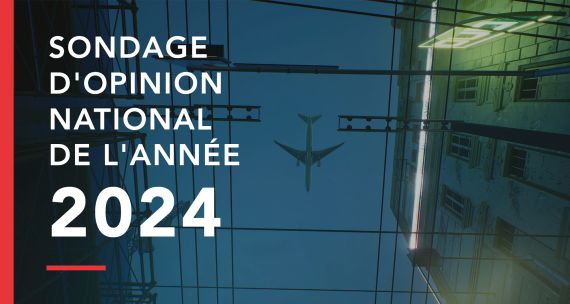In less than a decade, the factors shaping relations with China have changed profoundly, and the China policies of most countries need a fundamental recalibration to recognize this new global reality.
China, under the leadership of President Xi Jinping, now occupies a global position as a “near peer” to the United States and competes assertively with Washington for influence, access, prestige, and leadership across the globe. With the second largest economy in the world, China is now the dominant purchaser of many natural resources and has embarked on aggressive industrial policies to secure global leadership in targeted advanced technologies and lessen its reliance on U.S. dollar capital markets.
The United States has concurrently shifted inwards as populist politics, protectionist policies and isolationist sentiments have reduced its international heft and influence. It has become a less reliable partner for its traditional allies with respect to trade relations, foreign affairs and multilateralism. The loss of trust from the Trump era has not fully dissipated as the changed rhetoric of President Biden has not been consistently matched by American actions. Trump-era protectionist policies such as “Buy America” have been expanded while consultation with allies on important issues such as Afghanistan and the Australian-U.K.-U.S. trilateral AUKUS agreement were missing in action.
The Xi regime has stirred Chinese nationalism at home and abroad, particularly with respect to Hong Kong and Taiwan, and targeted minority groups within China. It has sought to leverage Chinese power through coercive actions, including “hostage diplomacy.” It has grown its strategic influence within international institutions to promote its values and protect its flanks. And it has launched a “Red New Deal” to put the Party’s stamp on the entrepreneurial private sector elements of the Chinese economy.
Within the United States, opposition to China has become a bipartisan issue, and it strategically informs the country’s domestic and foreign policy. Relations have deteriorated across multiple fronts including tariffs, investment, advanced technologies, research and development, education, security and capital markets. Within China, opposition to U.S. hegemony has grown in parallel to ambitions by the Xi Administration for targeted global leadership. Indeed, both Beijing and Washington have framed the China-U.S. dynamic in conflictual terms, and relations will remain strained for the foreseeable future.
Given this fundamentally changed context, Canada needs a new policy approach to China, one that is rooted in clear principles and designed through today’s global prism.
First and foremost, our approach to China must be based on Canada’s national interests, not those of others. This requires a clear understanding of how China influences our national interests at the bilateral, regional and international levels, and acknowledgement that our interests will not always be fully aligned with the United States. And it also requires greater clarity by public and private Canadian stakeholders as to areas where engagement with China produces low risk benefits and instances where it poses high risks.
Second, Canada must be unrelenting in the protection of its sovereignty and citizens from interference by any foreign power with malevolent intent. In this regard, Canada must use the full extent of its domestic security services to prevent any attempts by China to interfere in Canadian society, particularly actions to intimidate or coerce Canadian-Chinese diasporas. Following China’s arbitrary detention of Michael Kovrig and Michael Spavor, Canada must operate with an ‘eyes wide open’ approach.
This piece first appeared in the Toronto Star on January 4, 2022






